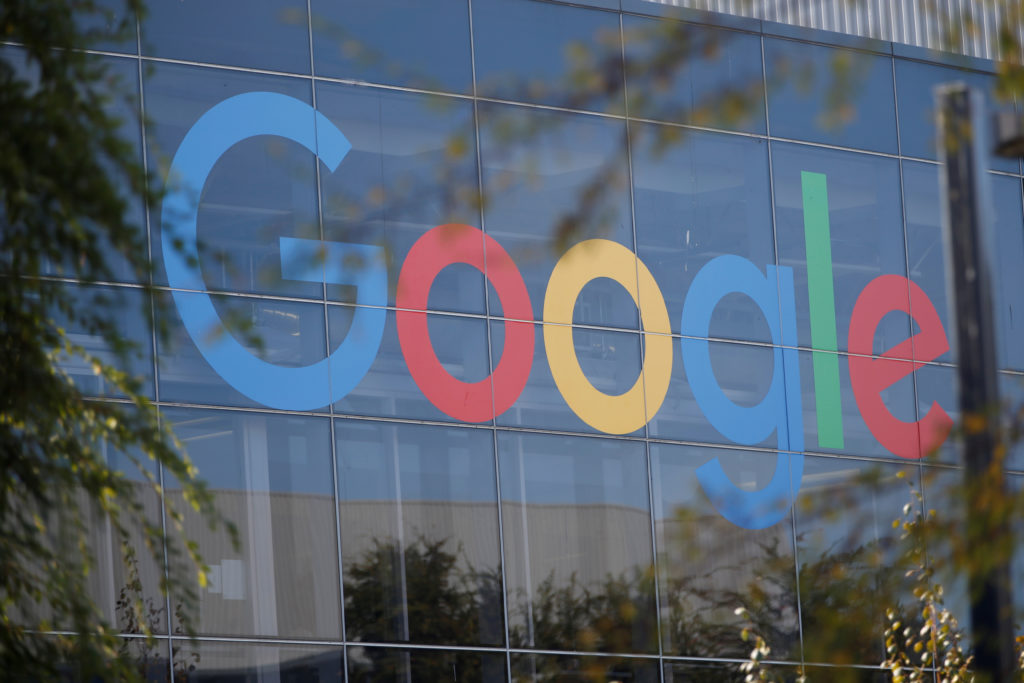SAN RAMON, Calif. (AP) — Google is postponing a return to the office for most workers until mid-October and rolling out a policy that will eventually require everyone to be vaccinated once its sprawling campuses are fully reopened in an attempt to fight the spreading Delta variant.
In a Wednesday email sent to Google’s more than 130,000 employees, CEO Sundar Pichai said the company is now aiming to have most of its workforce back to its offices beginning Oct. 18 instead of its previous target date of Sept. 1. The decision also affects tens of thousands of contractors who Google intends to continue to pay while access to its campuses remains limited.
“This extension will allow us time to ramp back into work while providing flexibility for those who need it,” Pichai wrote.
And Pichai disclosed that once offices are fully reopened, everyone working there will have be vaccinated. The requirement will be first imposed at Google’s Mountain View, Calif. headquarters and other U.S. offices before being extended to the more than 40 other countries where the Google operates.
The vaccine mandate will be adjusted to adhere to the laws and regulators of each location, Pichai wrote, and exceptions will be made for medical and other “protected” reasons.
“Getting vaccinated is one of the most important ways to keep ourselves and our communities healthy in the months ahead,” Pichai explained.
Google’s decision to require vaccines to be in the office comes on the heels of similar moves affecting hundreds of thousands government workers in California and New York as part of stepped-up measures to fight the Delta variant.
The rapid rise in cases during the past month has prompted more public health officials to urge stricter measures to help overcome vaccine skepticism and misinformation.
The vaccine requirement rolling out in California next month covers more than 240,000 government employees. The city and county of San Francisco is also requiring its roughly 35,000 workers to be vaccinated or risk disciplinary action after the Food and Drug Administration approves one of the vaccines now being distributed under an emergency order.
It’s unclear how many of Google’s workers still haven’t been vaccinated, although Pichai described the rate as high in his email.
Google’s decision to extend its remote-work follows a similar move by another technology powerhouse, Apple, which recently moved its return-to-office plans from September to October, too.
The delays by Apple and Google could influence other major employers to take similar precautions, given that the technology industry has been at the forefront of the shift to remote work that has been triggered by the spread of the novel coronavirus.
Even before the World Health Organization declared a pandemic in March 2020, Google, Apple and many other prominent tech firms had been telling their employees to work from home. This marks the third time that Google has pushed back the date for fully reopening its offices.
Google’s vaccine requirement also could embolden other employers to issue similar mandates to guard against outbreaks of the Delta variant and minimize the need to wear masks in the office.
While most companies are planning to bring back their workers at least a few days a week, others in the tech industry have decided to let employees do their jobs from remote locations permanently.













































